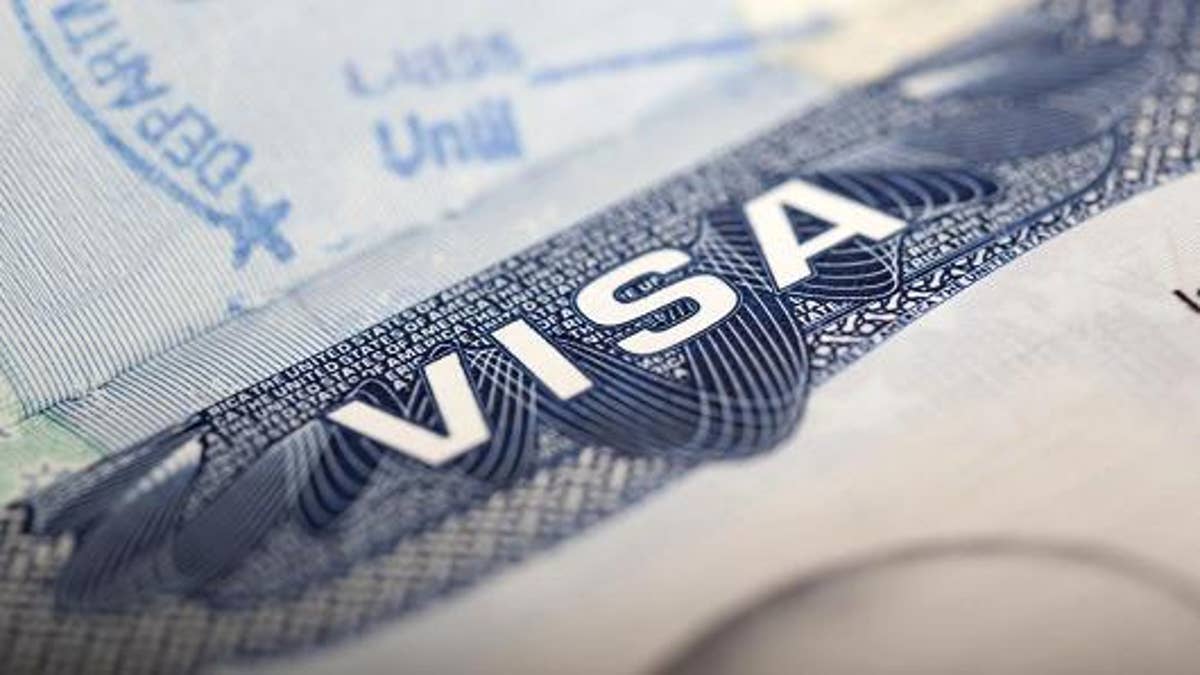
As an academic researcher, I have long been fond of John Adams’s famous maxim on the dogged persistence of facts. “Facts are stubborn things,” he wrote. “Whatever may be our wishes, our inclinations, or the dictates of our passions, they cannot alter the state of facts and evidence.”
This wisdom is especially apt in the context of the debate about immigration reform and H-1B visas— a debate too often marked by hyperbole and unrepresentative anecdotes. Facts, however, always make their way to the surface. And my new study— released today with the American Competitiveness Alliance— presents the latest evidence against the common assertion that highly-skilled immigrants are suppressing American employment and wages.
“The Cost to Companies in America of Hiring Skilled Immigrant Workers” is grounded in new polling data from the Benenson Strategy Group, and reveals a simple truth: STEM positions are becoming harder to fill domestically, and rising H-1B visa costs are stifling innovation and success of companies in America.
The survey, fielded from 400 hiring executives at both small and large American businesses across the country, asked about hiring costs and challenges.
Inconsistent with the notion that H-1B worker are depressing the wages of U.S. workers, three-quarters of executives responded that the salaries of their IT workers are higher today than they were just five years ago. An even greater majority of respondents— 82 percent— reported that hiring skilled foreign-born workers costs them just as much or more as hiring U.S. workers. These high and rising costs for skilled immigrant workers reflects the ongoing, strong demand in American companies for talent. 8 in 10 executives report they have been forced to invest more money into recruiting the talent they need.
These higher foreign-worker costs burden our businesses, not just financially, but also in terms of time and effort— all of which hampers America’s race for innovation. And these costs are, unfortunately, rising. In December Congress included a provision in the omnibus spending bill that doubled the H-1B processing fee from $2,000 to $4,000 for certain immigrant-intensive companies. All these visa fees hit hardest businesses without the resources to pay these escalating costs— typically smaller, younger businesses struggling to break in against their larger rivals.
Consider this: a multi-billion-dollar multinational company will not go under for want of one or two key colleagues. But a fledgling start-up just might. At a time when the U.S. economy continues to suffer from a decades-long decline in new-business formation, this burden on young start-ups is especially unwelcome.
Is it any surprise that three-quarters of survey respondents say hiring temporary H-1B workers to help meet their talent needs has become too expensive? Those who stand to lose are not just the businesses themselves. The immediate cost is foregone jobs, but more broadly, the cost is foregone ideas, investments, and connections to the world economy that are, ultimately, what drives long-term growth in jobs and income throughout America.
Many of my fellow economists advocate for U.S. education reform so that we can begin meeting our mounting talent needs domestically. I share this view: America’s post-secondary schooling must be updated to reflect the needs of our ever-shifting economy, and U.S. worker training must be part of any serious plan to bridge our growing skills gap.
But America’s businesses cannot wait decades for education reforms to bear fruit. By some estimates, the U.S. is already on track to face a shortage of 5 million workers by the end of this decade. Will we ask our businesses to bear that burden unaided? Will we begrudge them the often U.S.-educated professionals they need to compete in a globalized economy? Will we make H-1B visas increasingly unaffordable for the companies and start-ups that need them most?
The facts suggest we follow a different path. And facts are very stubborn things.
Matthew Slaughter is Dean of the Tuck School of Business at Dartmouth and Academic Advisor for the American Competitiveness Alliance. Slaughter also served as a member of the President’s Council of Economic Advisers from 2005-2007.
